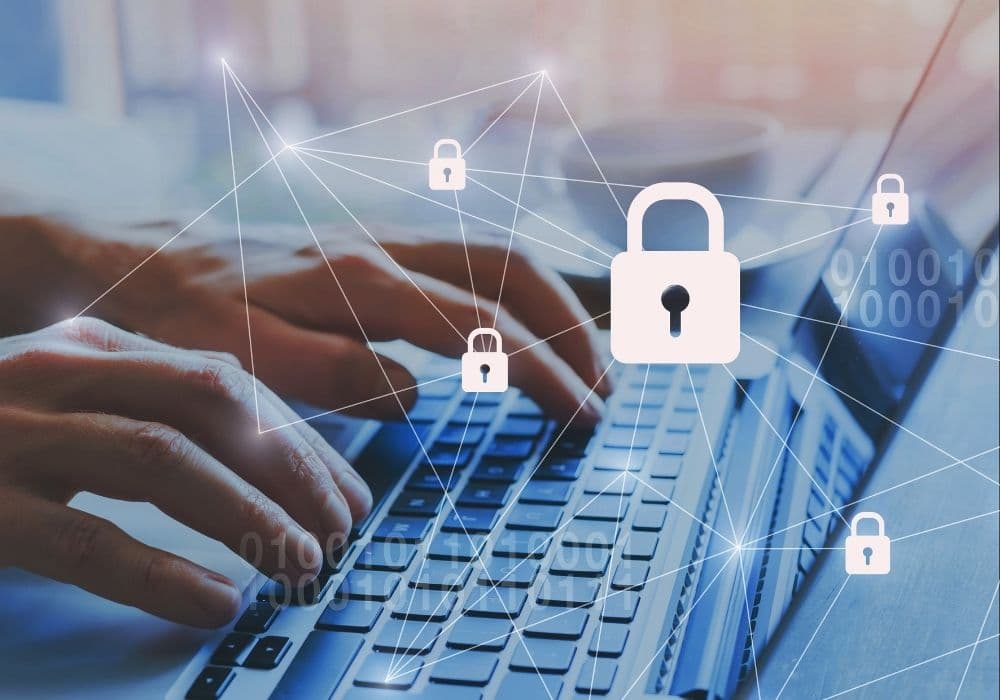It is a commonly spread myth that small businesses are less at risk of cyber attacks than larger business or major corporations. In fact, it is an unfortunate truth that small business are not only the most vulnerable, but also stand to lose the most from these attacks. Recent data show that businesses with less than 500 employees lose an average of $2.5 million per cyber attack. This, of course, cannot only be devastating for a small business financially, but also cause serious damage to the company’s reputation and cost them the trust of their customers and investors. here’s what to look for when ramping up cybersecurity for business.

As cybersecurity attacks are becoming increasingly automated, it is easier and easier for attackers to target hundreds, if not thousands of small businesses at once. Unfortunately, it is often the case that small businesses are vulnerable because they have not invested in cyber security to the same degree as many larger companies or corporations. Attacking these small businesses can be extremely lucrative for attackers, as even small businesses often deal in large sums of money and customer data that they are required to protect.
Related: How To Protect Your Business From Cyber Security Attacks
It is essential for any small business to protect themselves from cybersecurity breaches by understating the threats they face and how to stop them. Here are some of the largest and most common cybersecurity threats that loom over small businesses online.
The Most Common Cybersecurity Attack: Phishing attacks
Accounting for as much as 90% of all breaches in cybersecurity, phishing attacks are the most widespread and damaging threat that small businesses face. A phishing attack takes place when attackers masquerade as a trusted business contact and lure a user into clicking a malicious link and downloading a malicious file, thereby giving them access to sensitive information such as account details and private credentials.
Phishing has only become more prominent in recent years as attackers have become increasingly convincing in their false-appearances as trusted contacts. These attacks are so effective because they target individuals within an organization through social engineering. Fortunately, there are technological defenses that can be implemented to halt phishing attacks.
Incorporating a strong email security gate is essential when it comes to securing your business from phishing attacks. Users can report phishing emails to an administrator who can then delete them from all user inboxes and waylay the threat.
Related: Managed IT Services and Cybersecurity
70% of Ransomware Attacks Target Small Business
Ransomware is popular among cyber-attackers because of its lucrative nature. Ransomware works by gaining access to, and encrypting, large amounts of company data, thereby making it inaccessible to the company itself, forcing the company to pay a ransom in order to regain access to the data. Any small business must then decide to either dish out a large sum of money or to lose the stolen data.
More than 70% of ransomware attacks target small business, and with the average demand being about $115,000, it’s important for businesses to know how to counteract these attacks.
Small businesses should be encouraged to have data effectively backed up to the cloud to mitigate data loss. There are a wide variety of cloud-back up options out there, so researching which ones will work best for your company is in your best interest.
Cybersecurity for Small Business Could Protect From Malware Attacks
Last but certainly not least, malware attacks are another threat that small business should take steps to protect themselves from. Malware is malicious code that can be introduced to devices to damage them and compromise data. Having employees use their personal devices for work can be a cost-effective solution, but unfortunately, this leaves the company especially susceptible to malware attacks.
The best way to mitigate the threat of malware attacks is to have a strong technological defense in place. If administrators have a strong central control panel from which they can monitor and update security systems across all company devices, they can stay on top of these risks and protect themselves from malware attacks.





